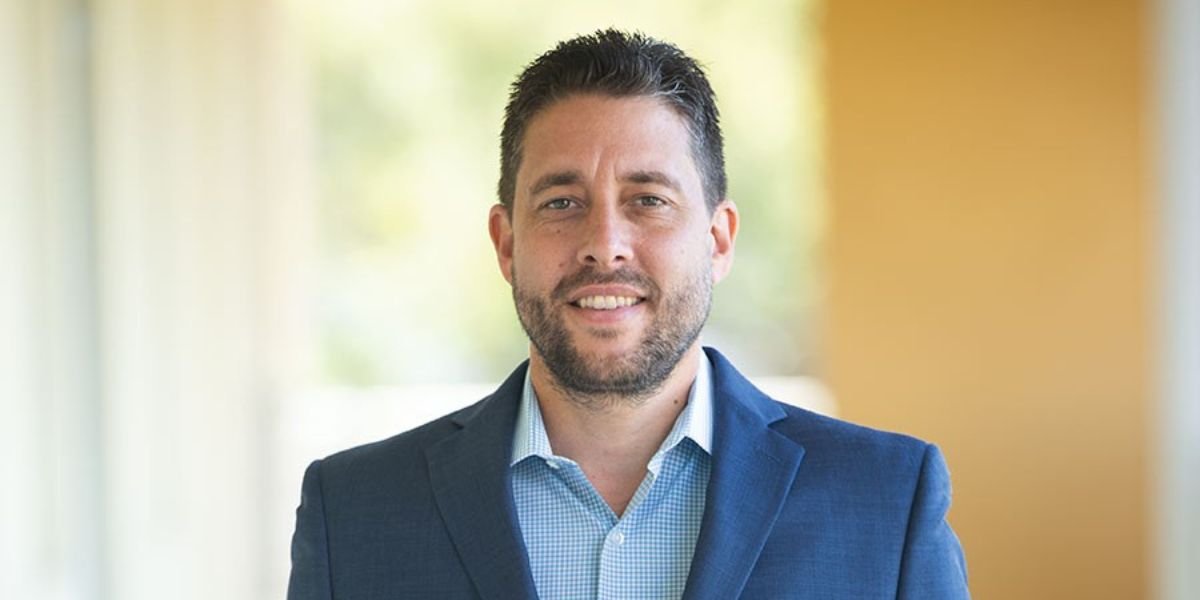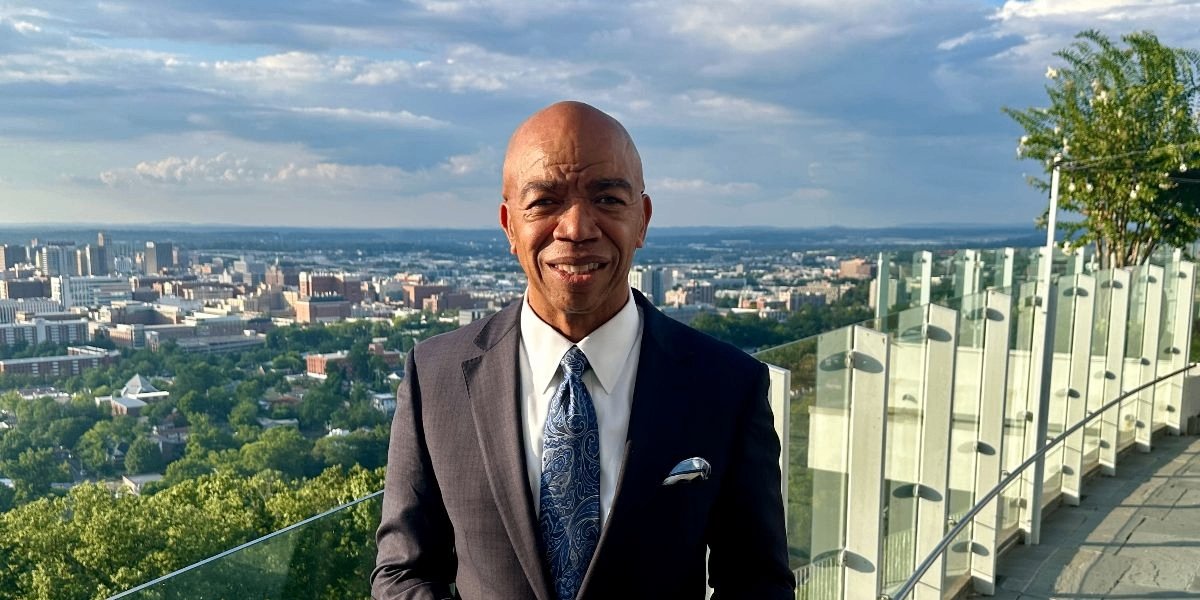By: Tara Quinn
The death of a spouse is an emotional earthquake that can leave widows feeling overwhelmed, lost, and uncertain about how to move forward. Beyond the grief, there is the daunting task of managing practical and financial matters that can feel like insurmountable challenges in the early days and months after loss.
In her compassionate and wise book, My Husband Died, Now What?: A Widow’s Guide to Grief Recovery & Smart Financial Decisions, author Debra L Morrison offers an invaluable roadmap. She combines heartfelt understanding with practical, actionable advice to help widows prioritize their steps, avoid costly mistakes, and navigate this life transition with patience and dignity.
Prioritizing What Matters Most—And What Can Wait
One of the core strengths of Morrison’s book is its clear guidance on prioritization. She is intentional in helping widows understand which decisions need immediate attention and which ones can be postponed.
“I definitely don’t want any logistical or financial decisions to be made before six months,” Morrison stresses. The early weeks after loss are often filled with shock, exhaustion, and waves of grief that make sound decision-making difficult, if not impossible.
Instead, Morrison invites widows to practice patience and intentionality. Her book is “an invitation for a widow to be patient with processes and with gathering options.” She introduces the concept of conscious spending—a practice that helps widows thoughtfully evaluate their financial choices over time, recognizing that habits, especially spending habits, often take a season or more to change.
The book encourages widows to set clear intentions while simultaneously honoring the natural human desire to change their minds as they process grief and new realities. Morrison emphasizes: “It’s all part of the process; no judgment!”
This approach is crucial for widows who may feel pressured by family or society to quickly make decisions like selling a home, moving, or changing investments. By slowing down and prioritizing thoughtfully, widows can avoid impulsive choices that might lead to regret or financial hardship.
How Families Can Provide Thoughtful Support
Morrison also offers invaluable advice for family members and children supporting a newly widowed parent, especially in those first critical days.
She cautions well-meaning helpers against rushing into actions that might unintentionally add to the widow’s pain. For example, cleaning the home immediately or removing the late husband’s belongings can erase essential emotional touchstones.
“There is significant comfort for the widow to be able to smell their husband’s cologne on his shirt or the pillowcase, or wear his sweatshirt or pajamas,” Morrison explains. “So refrain from sanitizing everything simply because it may give you something to do.”
She advises that children take charge of making death notifications to family and friends and help ensure that nutritious food, especially proteins rather than sugary snacks, is available for visitors and the widow herself. Hydration is especially important, as crying depletes electrolytes, leading to dizziness and even potentially dangerous dehydration.
“Buying some sugar-free Gatorade will be helpful to equalize those losses,” she says. “Dehydration causes dizziness, and over a day or so, can potentially be deadly, so this is important.”
Beyond the immediate aftermath, Morrison urges family members to remain present after funeral services, a time often marked by profound loneliness for the widow. She encourages daily phone calls or texts during the first weeks with simple affirmations like, “I’m here for you, Mom,” and “We’ll figure this out.”
This steady, loving support helps widows feel seen and supported without overwhelming them with unwanted advice or pressure.
What Legal and Financial Professionals Should Know
Morrison’s book also addresses the critical role of professionals—attorneys, financial advisors, and fiduciaries—who interact with widows. She urges these professionals to approach widows with exceptional patience, respect, and clear communication.
“Widows are a highly sensitive group,” she notes. She wishes that all professionals would write down the details of meetings or phone calls and give the widow a clear summary to take home. This simple act can be a lifeline since grief often clouds focus and memory.
Morrison also encourages professionals to humanize their interactions by freely mentioning the deceased husband’s name. “It’s music to her ears, not an affront, to hear his name mentioned.” Sharing a fond or positive story about the husband can create a powerful emotional connection and validate the widow’s loss.
On financial matters, Morrison warns widows to be alert for predatory advisors who push products and commissions rather than provide fiduciary care. She advises asking any financial advisor bluntly whether they receive commissions or referral fees on product sales. If the answer is not an absolute “no,” the widow should walk away.
“Widows can’t afford to make their insurance agent’s or broker’s boat payment,” she says bluntly.
Instead, widows deserve fiduciaries who take time to understand their personal situation, income needs, and concerns—and who craft thoughtful, sustainable financial plans that evolve with changing circumstances.
Looking Beyond the First Year: Building Long-Term Networks
While the first year after loss is often the focus, Morrison acknowledges that widowhood is a lifelong journey. Her book emphasizes the importance of forming lasting networks of support.
She provides URLs and internet resources for widow groups and introduces readers to trusted widowed bloggers and organizations such as Soaring Spirits International. Morrison describes the profound relief and connection widows feel when attending Camp Widow events, where they are surrounded by peers who understand their experience without judgment or awkwardness.
Widowhood often brings a sense of social invisibility. In a society that highly values marriage, widows can feel marginalized or even avoided by others. Morrison addresses this social reality with empathy and practical tips for finding community and belonging.
Her approach to financial planning reflects this long view as well. She encourages widows to work with fiduciary financial coaches or CERTIFIED FINANCIAL PLANNER™ who will draft and maintain adaptable financial plans that serve them for life.
For more information about My Husband Died, Now What?: A Widow’s Guide to Grief Recovery & Smart Financial Decisions, or to purchase the book, visit Amazon.
Disclaimer: The content in this article is intended for informational purposes only and is not a substitute for professional legal, medical, or financial advice. While the book offers general guidance, individual circumstances may require personalized consultation with qualified professionals. The article discusses grief recovery and financial decision-making, but does not guarantee specific outcomes. Readers are encouraged to seek professional advice tailored to their individual needs, particularly for legal and financial matters.








